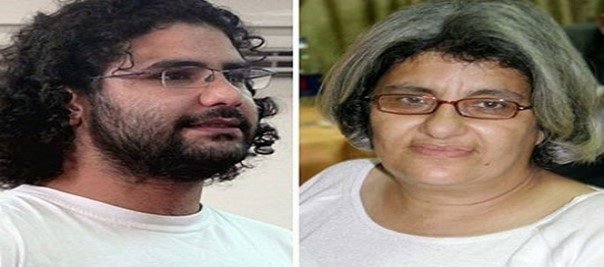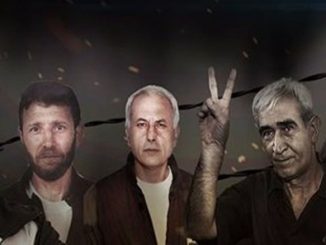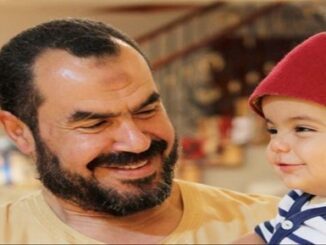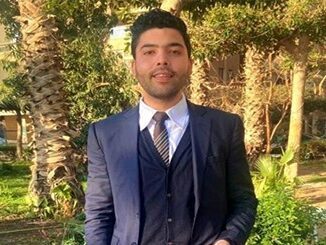
Mother of the renowned Egyptian activist who has recently gained British citizenship expresses fears that she may not see him alive again due to his continued hunger strike over the dire prison conditions.
The mother of Alaa Abdel Fattah, a renowned Egyptian-British activist, Laila Soueif, said she fears she may not see her son alive again as he approaches the end of the sixth week of a hunger strike over the prison dire conditions, according to Reuters.
According to Reuters’ report, Ms. Laila Soueif’s son, the human rights activist Alaa Abdel-Fattah was detained by an Egyptian court in September 2019 after being convicting him of spreading false news about the Egyptian government.
The mother, Soueif, visited her son, Alaa Abd El-Fattah, in prison in Cairo on Thursday, 12 May, after she complained about several violations against Abdel-Fattah.
Having been on hunger strike to protest the conditions of his detention since the beginning of April, Abdel Fattah has said goodbye to his loved ones as his health continues to deteriorate, the report added.
“What visit will you ban?” Soueif quoted herself as telling the officer in a social media post. “I don’t have another visit except for in a month, Alaa will be dead.”
Abdel Fattah’s family announced in April that he had obtained British citizenship through his mother. They are pressing for British officials to conduct a Consular visit.
His family, which has a history of political activism, said in a statement at the time that they did not explore the option of British citizenship until 2019, when “it became clear that Sisi’s prisons would refuse to release our family and we had to find some way out of this impossible ordeal.”
They said he obtained British nationality through his mother, who was born in London. As a British citizen, Abdel Fattah demanded prison visits by British consular officials and to communicate with lawyers in Britain so they can take legal measures against alleged violations, his family said.
A spokesperson for Britain’s Foreign Office said consular access to a British national had been requested, without elaborating.
Blogger and software engineer Abd el-Fattah is one of Egypt’s best known activists, rising to prominence in Egypt’s 2011 Arab Spring uprising.
He has been almost continuously imprisoned since 2014 on a number of charges and was sentenced in December to five years on charges of spreading false news.
“Alaa was sentenced to five years, Baqer four years and Mohamed Oxygen four years,” his sister Mona Seif said on Twitter.
“The judge was too cowardly to even inform us,” she said after the sentencing at the State Security Misdemeanors Court in the capital.
On 2 April, he began an open-ended hunger strike against his detention and prison conditions, ingesting only water and salt solution.
His family says he has been kept in a cell without sunlight for two and a half years, deprived of books and exercise, after being convicted in an unfair trial.
They say he has been exposed to violence from prison officials, suffered abuse, and witnessed worse abuse against fellow prisoners, after trying to press his case with a recent campaign of “civil disobedience” inside prison.
Since 2013, when then-army chief Abdel Fattah al-Sisi ousted Egypt’s first democratically President Mohamed Morsi, there has been a far-reaching crackdown on political dissent that has swept up liberals and leftists, as well as Islamists. Human rights groups say tens of thousands have been jailed.
General Sisi, who turned president in 2014, says security and stability are paramount and denies there are political prisoners in Egypt.
Since his 2013 military coup, Sisi has overseen a sweeping crackdown on dissent. Those jailed for criticizing the political status quo have included academics, journalists, lawyers, activists, comedians, Islamists, presidential candidates and MPs.
UK-based human rights group, Amnesty International, says thousands of political prisoners remain in detention but Sisi and his supporters say security and stability are paramount and deny there are political prisoners in Egypt.



